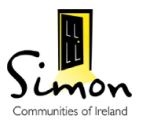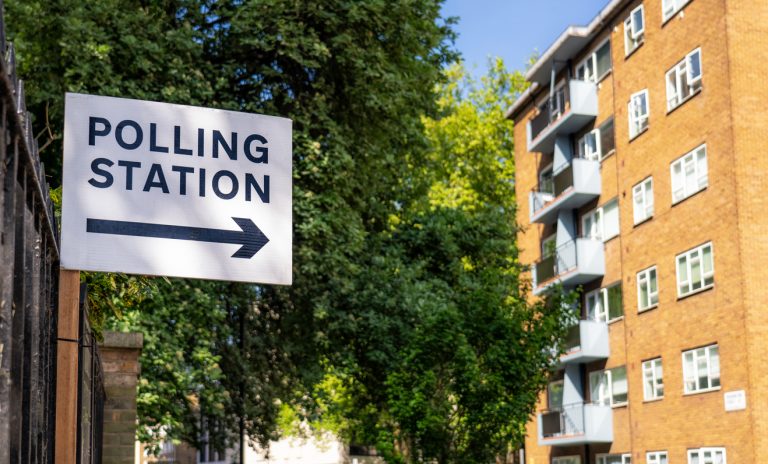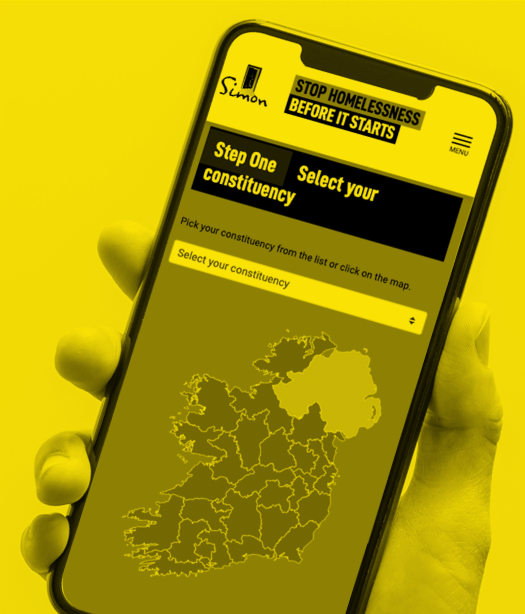While there was a very welcome drop in the number of families in homeless accommodation for the second month in row the fact that there were almost 10,500 men, women and children in emergency accommodation as 2019 ended is ‘worrying’, and underlines the challenge to be faced in 2020 says charity.
The Simon Communities of Ireland have said that while there is a welcome drop in family homelessness for the second month in a row it is worrying that we saw 2019 coming to a close with almost 10,500 people in emergency accommodation.
The total number of men, women and children in emergency accommodation now stands at 10,448, according to figures released for November 2019 by the Department of Housing, Planning, Community and Local Government. This represents a welcome decrease of 66 people in emergency accommodation since October, however it is the 10th consecutive month in which the numbers have been above 10,000. The new figures show:
- 10,448 men, women and children are now in emergency accommodation, an overall increase of 5% since November 2018, when the figure was 9,968.
- 4274 single adults are now in emergency accommodation, an overall increase of 14% since November 2018, when the figure was 3,745.
- 6696 adults in total are now in emergency accommodation, an overall increase of 9% since November 2018, when the figure was 6,157.
- 1685 families are living in emergency accommodation, a welcome decrease of 2% from November 2018, when the figure was 1,728 families.
Wayne Stanley, Spokesperson for the Simon Communities, says that while there are some positive signs in family homelessness, figures underline the work that will have to be done in 2020 in the area of housing and homelessness particularly for single people experiencing homelessness:
“These number show that, there are almost 10,500 people in Ireland, including 3752 children, who did not have a place to call home at the end of 2019. Unfortunately, these numbers do not truly capture the full scale of this homelessness and housing crisis. These numbers do not include; rough sleepers and those in squats, people in direct provision and women’s shelters, and the ‘hidden homeless’ who have no home of their own.
“There has been strong collaboration between NGO’s, local authorities and government departments to try and alleviate the worst effects of this crisis, and we saw an encouraging drop in the number of rough sleepers recorded in the Official Winter Rough Sleeper Count for the Dublin Region in November and a small reduction in the number of families in homeless in these figures. However, the overall number of people forced to access emergency accommodation continues to be enormously high, these figure show 5% growth in 12 months. We are particularly concerned that the number of single adults has increased by 14% (529 people) this year. We know that many find themselves in this position due to a lack of affordable and secure accommodation, particularly one and two-bedroom units.”
“We also know that this is a problem in both rural and urban communities around the country. Homelessness in the West of the country has increased by 20% over the last year[1], and we have seen a 12% increase in Cork and Kerry.
Wayne Stanley, Spokesperson for the Simon Communities, said that the numbers are reflective of the work that the Simon Communities in Ireland continue to do on the ground.
“Our Communities are doing all they can, working with voluntary and statutory partners to house and support people who have been impacted by the housing and homelessness crisis. In 2020, they will continue their work to ensure that those most affected by this housing crisis have somewhere to turn to when they need it most.
“The Simon Communities believe it is important to realise that this crisis is not insoluble; there are solutions that will have a meaningful impact on ending housing insecurity and homelessness. As such, the Government must seriously look at revising their current targets for social housing, act to improve levels of availability of suitable and secure accommodation for those currently experiencing homelessness, and ensure that people can stay in the homes that they already have. Above all, as we enter 2020, we need to remember that this homelessness and housing crisis should not be seen as a normal or acceptable situation.”
For media queries and interview requests
Wayne Stanley
Tel: 087 799 3860
E: wayne.stanley@simoncommunity.com
About Simon Communities
The Simon Communities support over 16,700 men, women and children. We have 50 years of experience providing homeless, housing and treatment services to people facing the trauma and stress of homelessness. We are a network of independent Communities based in Cork, Dublin, Dundalk, Galway, the Midlands, the Mid West, the North West and the South East, responding to local needs and supported by a National Office in the areas of policy, research, communications and best practice. We share common values and ethos in tackling homelessness and, informed by our grassroots services, we campaign for more effective policies and legislation regionally, nationally and at European level. Whatever the issue, Simon’s door is always open for as long as we are needed. For more information, please visit www.simon.ie.
Services include:
- Homelessness prevention, tenancy sustainment and resettlement.
- Street outreach, emergency accommodation and harm reduction.
- Housing with support and Housing First services.
- Homeless specific health and wellbeing services (counselling; addiction treatment and recovery; and mental health supports).
- Personal development, education, training and employment services.
- Food banks, drop-in centres and soup runs.
[1] Figures for counties Galway, Mayo and Roscommon.


